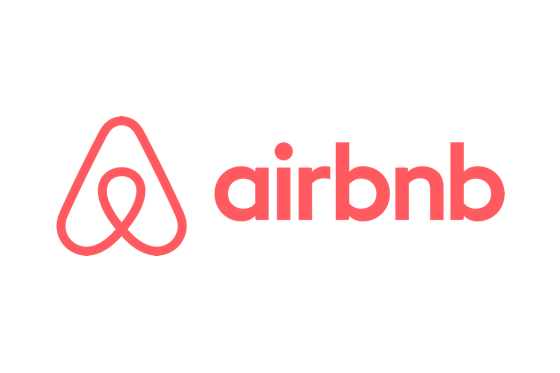
In what one brand strategist called an “inevitable surprise,” Airbnb on Wednesday announced independent-minded hotels that meet its specific hospitality standards could now list rooms for sale on its platform through a third-party distribution network.
Offically available in March, the platform is being launched with cloud-based distribution platform SiteMinder, with hotels able to connect booking information to their existing management system in real-time. A number of distribution platforms are eventually expected to be given connection rights to Airbnb.
Airbnb said it will charge a service fee for hotels and accommodation providers in the region of 3% to 5%. It will also not require hosts to sign contracts, and it will manage all payments and transactions. But it will require hotels to meet certain criteria such as unique design characteristics, the inclusion of local influencers and access to common gathering spaces.
SiteMinder has more than 28,000 hotels connected to its channel manager platform and says it anticipates “quite significant interest” in the opportunity to list on Airbnb.
Reports have suggested that Airbnb is expected to allow branded hotels to participate in the program but is focused on more independent operators.
“It frankly came as no surprise to me,” said Simone Puorto, a sales and marketing strategist based in Nogent-sur-Marne, France. “With an average commission five times lower than OTAs, farsighted hoteliers came to terms with the P2P company and started listing their properties long ago. It used to be hush-hush, now it got mainstream. The fact that today hotels are able sell their rooms through an official third-party distributor is, to me, just the logical evolution of Airbnb’s long-term strategy and a profitable opportunity for independent hotels.”
“It was an inevitable ‘surprise,’ added Martin Soler, partner, Soler & Associates, a sales and marketing strategist based in Barcelona. “Financially for Airbnb it makes sense that they move into the hotel space. From a cost perspective, hotels are easier to market as marketing a single location can be scaled to number of rooms, which Airbnb couldn’t do for apartments. In other words once they had brought someone to their site for a location and it was booked they had to market an alternative location and/or style, which means cost of acquisition are going to rise. So moving to hotels was obvious.”
For hotels, Soler adds, this is good news as it presents an additional (and powerful) distribution channel and could help free them from the duopoly of Priceline and Expedia. “Additionally with their currently much lower commission rate it is obviously interesting, but considering the cost of acquisition it is undoubtedly going to rise,” he said.
On a less obvious level, Soler said, this will help Airbnb’s now-postponed IPO by adding more profitability to their sales and hopefully defusing some of the legal battles they have been accumulating with hotel associations and cities. “I think we should welcome them as a new and very innovative player in the hotel distribution market helping to level the online distribution playing field,” he added.

